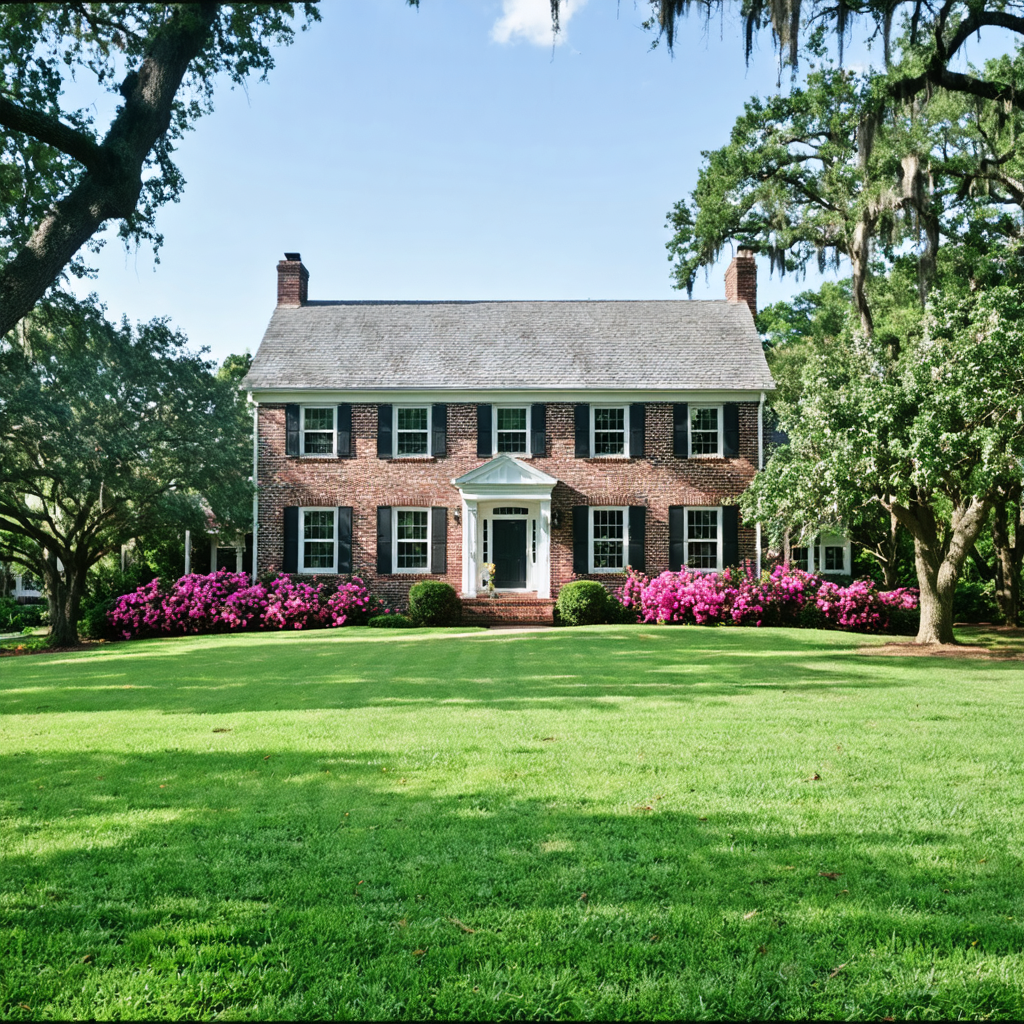
Understanding Closing Costs for Sellers in Charleston
Charleston’s real estate market is on fire! With median home prices climbing by a whopping 12% over the last year, sellers are finding themselves in a highly competitive landscape. So, what does this mean for you? Well, fully understanding closing costs is absolutely essential to maximizing your home sale’s profitability. It’s all about preparing for the financial implications of your home sale, folks.
What Are Closing Costs and Why Are They Important for Sellers?
Closing costs represent the various fees and charges that sellers encounter when selling their homes. These expenses typically come into play during the closing phase when ownership of the property shifts from you, the seller, to the buyer. Why should you care? Because these costs can dramatically affect the net proceeds from your sale.
It’s crucial to keep in mind that closing costs can vary significantly based on local regulations, sale specifics, and even how well you negotiate. Being well-informed means you can plan your budget smartly and avoid any financial surprises.
Breakdown of Typical Closing Costs in Charleston
For sellers in Charleston, expect closing costs to typically range from 5% to 10% of your home’s sale price. Here’s a closer look at some of the usual suspects when it comes to these expenses:
- Real Estate Agent Commissions: Commissions generally fall between 5% and 6% of the sale price, and this amount is commonly split between the buyer’s and seller’s agents. If you’re selling at average prices, this could take a hefty chunk out of your closing costs.
- Transfer Taxes: In South Carolina, sellers are on the hook for transfer taxes, which are calculated at $1 per every $1,000 of the sale price. This fee is non-negotiable when it comes to legally transferring ownership.
- Title Insurance: This one-time fee protects against any snags with the property’s title. It’s not just a nice-to-have—it’s a necessity for a hassle-free transaction.
- Escrow Fees: These fees cover the services provided by an escrow company that plays a pivotal role in facilitating your closing process.
How to Estimate Your Closing Costs When Selling a Home
Getting a handle on your closing costs is key for sellers. Here are a few tried-and-true methods for estimating these expenses:
- Consult a Real Estate Agent: A knowledgeable local agent can share valuable insights about common closing costs in Charleston and assist you in calculating expected fees.
- Use Online Calculators: Many real estate websites feature free closing cost calculators, allowing you to input your home’s sale price and generate estimates for the relevant fees. To see how closing costs compare in other regions, check out our guides for Mississippi, Las Vegas, West Virginia, Virginia, and New York.
- Ask for Seller Net Proceeds Estimates: Request your agent to draft a seller net proceeds estimate document, which breaks down potential costs and provides clarity about your financial situation.
Tips for Negotiating Closing Costs with Buyers
Why not shake things up? Negotiating closing costs can be a shrewd tactic for sellers—especially in this bustling market. Here are some strategies to consider:
- Be Open to Buyer Incentives: Occasionally, buyers might ask for the seller to pitch in on their closing costs. Weighing these requests and negotiating can help seal the deal.
- Consider Offering Concessions: In a buyer’s market, offering to contribute to closing costs could make your property stand out.
- Discuss Commissions: While commissions generally have a standard rate, it doesn’t hurt to chat with your agent about potential reductions, particularly if a quick sale is anticipated.
Understanding the Impact of Closing Costs on Your Net Proceeds
Closing costs can seriously impact the final amount you take home from your sale. Here’s how these costs play into your net proceeds:
- Calculate All Expenses: Be sure to sum up your closing costs along with your mortgage payoff to figure out your actual proceeds from the sale.
- Account for Market Conditions: In a competitive landscape, high closing costs might influence your decision to sell, as they could offset the potential gains from property value appreciation.
- Factor in Potential Tax Implications: While a lot of closing costs aren’t tax-deductible, knowing what is can enhance your financial strategy.
The bottom line? Knowing how these costs shake out is critical to your decision-making.
Navigating through closing costs doesn’t have to be overwhelming. Armed with this information and an understanding of Charleston’s lively real estate market, you’ll be in a much stronger position to squeeze out maximum profits from your home sale. Connect with a knowledgeable local real estate agent today to guide you through this process and help you make the most of your investment. Your success story starts here!

